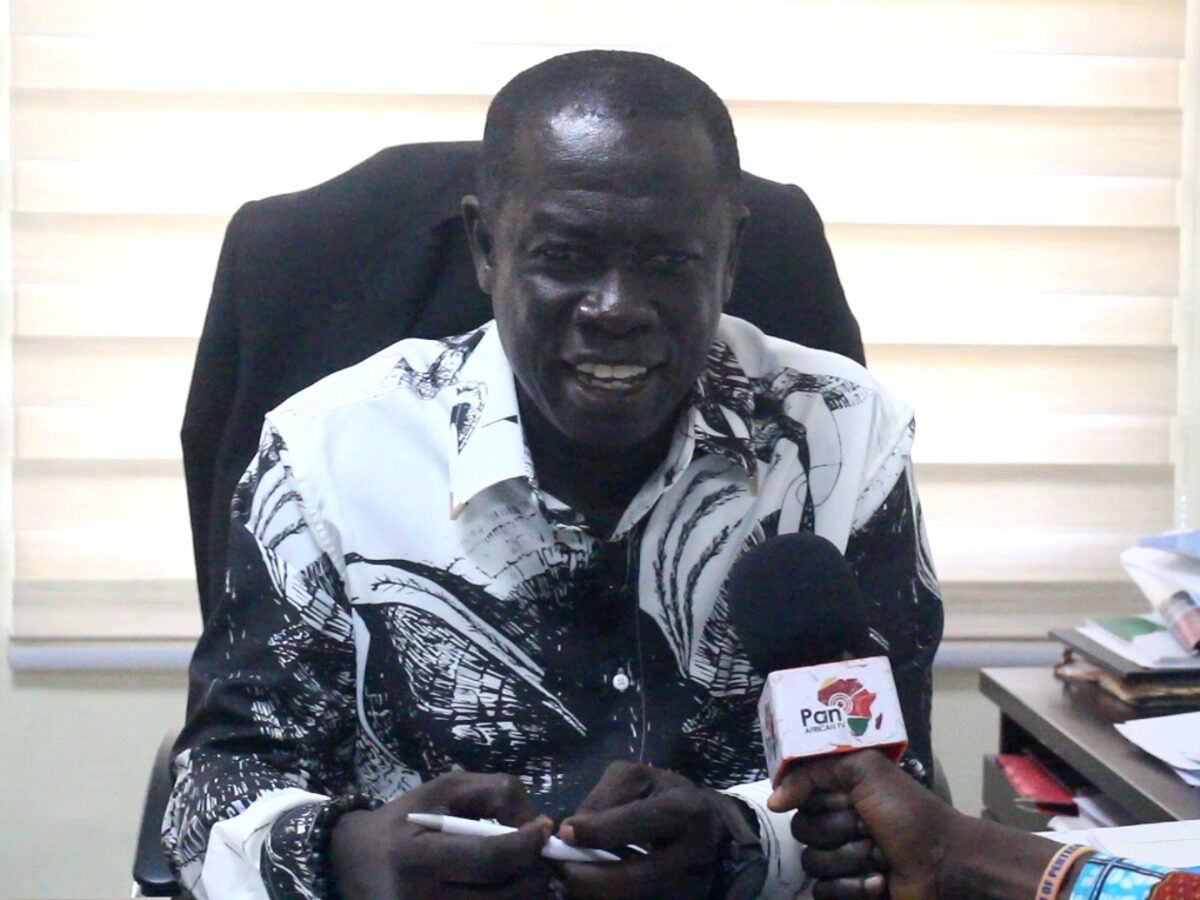By: Daniel Asare
General Secretary of the Construction and Building Materials Workers Union (CBMWU), Richard Asamoah-Mensah has made a strong case for the fourth tranche of the International Monetary Funds to improve the country’s road network and pay contractors.
Citing the reduction in prices of iron rods ton from 9,600 to 7,700 Ghana cedis, he also urged the government to inject part of it to pay contractors for enhanced efficiency.
Ghana has received a fresh disbursement of approximately US$367 million from the International Monetary Fund (IMF), following the successful completion of the Fourth Review of the country’s programme with the Fund.
The funds, which were credited to the Bank of Ghana’s (BoG) account on July 9, 2025, come in the wake of the IMF Executive Board’s approval during its meeting in Washington, DC, on July 7, 2025.
The funds, which were credited to the Bank of Ghana’s (BoG) account on July 9, 2025, come in the wake of the IMF Executive Board’s approval during its meeting in Washington, DC, on July 7, 2025.
This latest disbursement brings Ghana’s total drawdown under the IMF-supported US$3 billion Extended Credit Facility (ECF) programme to about US$2.3 billion since the country signed onto the programme on May 17, 2023.
The immediate impact of the new funds is expected to be felt in the Bank of Ghana’s international reserves, which will see a further boost. This, analysts say, puts the central bank in a stronger position to support the Ghana Cedi against major foreign currencies.
Although some market watchers describe the increase in reserves as marginal, the additional buffer could play a crucial role in sustaining recent gains in cedi stability.
Speaking to Pan African Business News on the aforementioned issue, The General Secretary of the Construction and Building Materials Workers Union (CBMWU), Richard Asamoah-Mensah said “it is a big sum of money, $367 million dollars, I will also like that at least about a quarter of the amount be sent to the construction industry. Look our road and other areas needs to be developed and when we are able to put money into such areas, in the rural areas we believe food will be able to come”.


